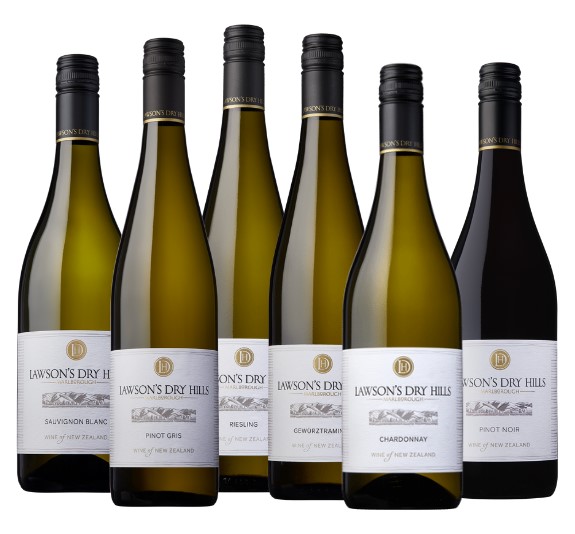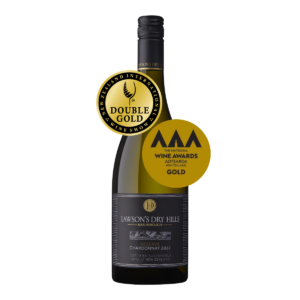As our wine industry continues to grow, so too does the volume of ‘grape marc’ – the seeds, skins and stalks that remain after the grapes have been pressed and the juice extracted. As a 2020 Massey University research report* highlighted, disposing of this waste by composting and landfills is problematic and may even hamper the growth of the industry in the future.
French petrochemical company TotalEnergies has a better idea. The company has developed a biofuel by distilling grape marc from the French wine industry. The company is so confident of its performance it is now the official fuel of the FIA World Endurance Championship (WEC) – a series which includes the 24 Hours of Le Mans and is currently being dominated by New Zealand’s own Brendon Hartley.
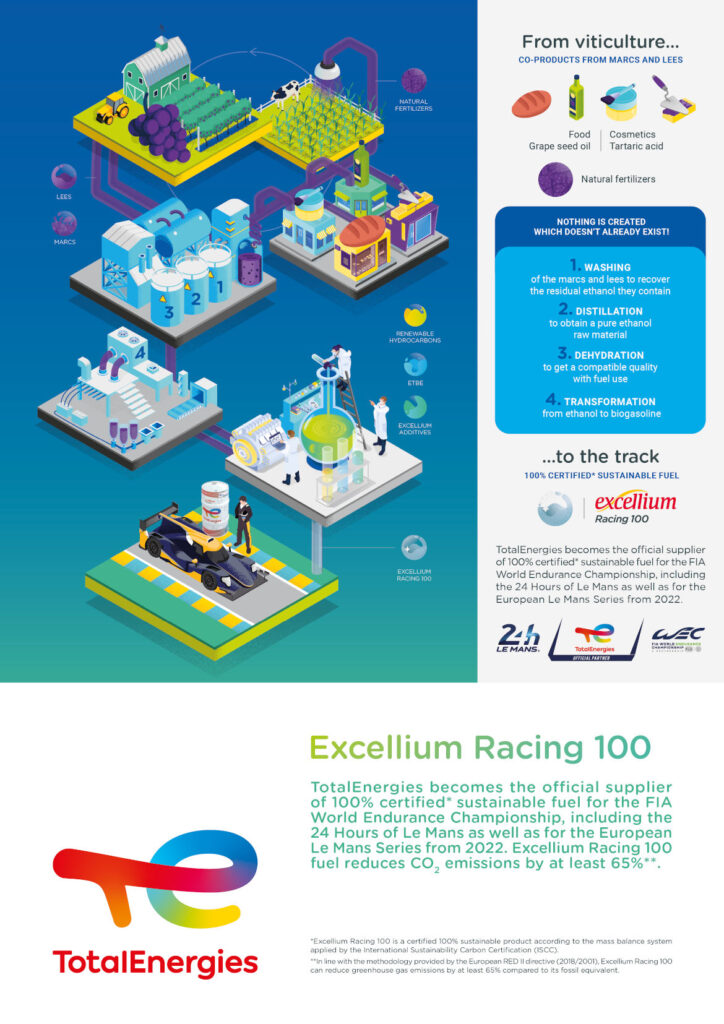
To produce the fuel they call ‘Excellium Racing 100’, grape marc is washed and distilled to recover the residual pure ethanol. The liquid is then dehydrated to remove water. The fuel which contains 100% certified sustainable fuel sources**, not only helps reduce waste in the wine industry, but it is also claimed to reduce greenhouse gas emissions by at least 65%†. As TotalEnergies Chairman and CEO Patrick Pouyanné said, “Our ambition is to be a major player in the energy transition and to get to net zero carbon emissions by 2050.”
Motor racing was seen as a way to ‘road test’ the performance and efficiency of this fuel, and the WEC represents the ultimate in sports car racing. Even the 500kW ‘Le Mans Hypercars’ racing in the WEC use hybrid powerplants which recover braking energy providing an extra 200kW of power while reducing fuel consumption. Of course, biofuels also offer a sustainable energy source for more sedate everyday driving.
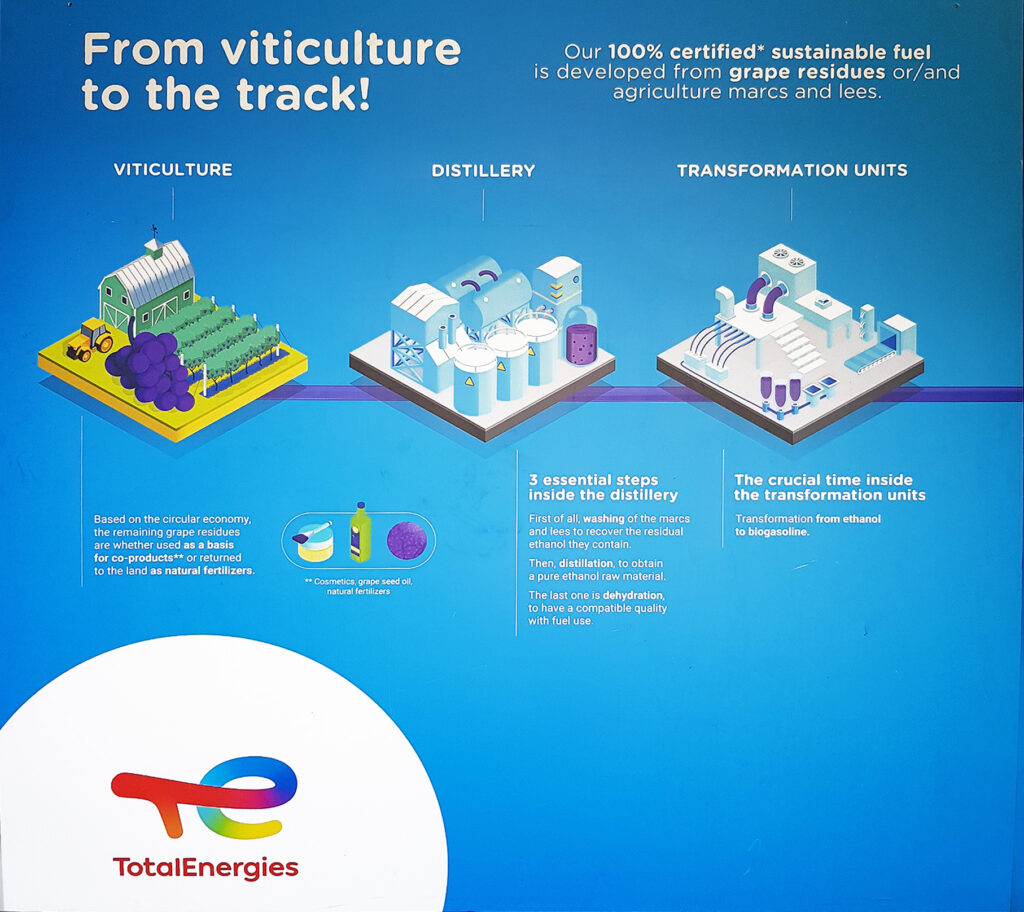
Could this European solution serve as a test case for what could be achieved in New Zealand? We have a thriving wine industry and an equally healthy thirst for more environmentally responsible fuels. Maybe the wine industry could play a further role in pursuing a greener future, in addition to what Sustainable Winegrowing New Zealand is already achieving.
The Bioenergy Association says that New Zealand has only a fledgling liquid biofuel industry, yet bioenergy and biofuels have the potential to add revenue of $6 billion annually. With an estimated 46,000 tonnes of grape marc produced every year, we have the raw material, perhaps we now need the investment in technologies? Also, utilising grape marc more efficiently could help reduce stockpiles freeing up valuable land to be used more productively. The benefits go far beyond simply providing a renewable energy resource.
So while some efforts to reduce CO2 and develop renewable energies may seem like a lot of hot air, this is one solution that is already producing real benefits.
_____________________________________
* Source: Repurposing Grape Marc Research Report – Prof. Jim Jones, Prof. Sarah McLaren, Dr. Qun Chen, Mr Muhammad Sera
**Excellium Racing 100 is a certified 100% sustainable product according to the mass balance system applied by the International Sustainability Carbon Certification (ISCC)
† In line with the methodology provided by the European RED II directive (2018/2001), Excellium Racing 100 can reduce greenhouse gas emissions by at least 65% compared to its fossil equivalent.

